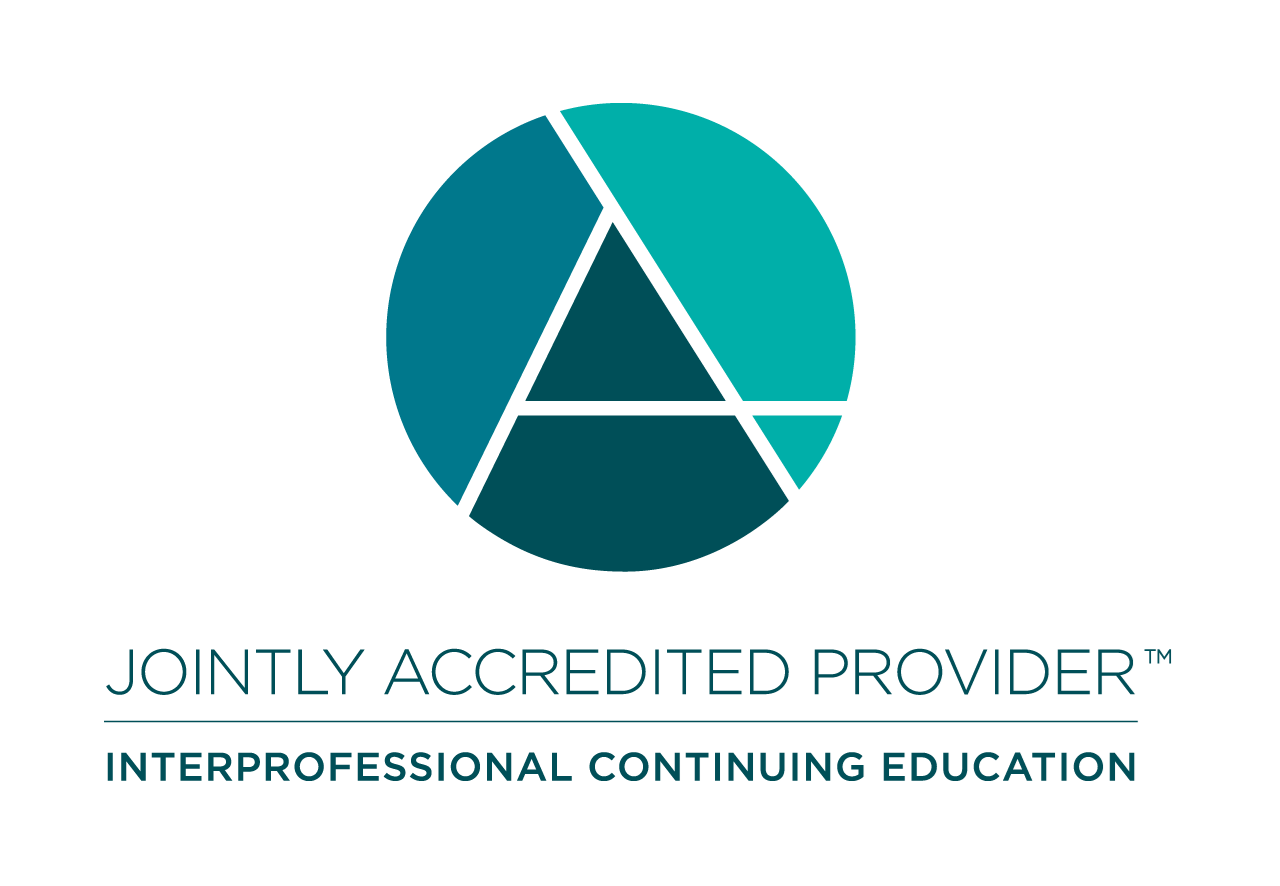From Collective Conflict to Collaborative Problem Solving: Unraveling the Knots of Perception to Solve Functional Problems
This session uncovers the nuanced distinction between conflicts, (which often arise from subjective perspectives and perception misalignments such as patient-provider conflicts, nurse-doctor conflicts, etc., that obscure the underlying, objective challenges that teams face) and functional problems within any multidisciplinary effort. Join two experts explore how to transform conflict into a catalyst for uncovering and addressing the core issues at hand by understanding the nature of conflict and employing practical frameworks.
Learning Objectives:
- Understand the nature of conflict and functional problems, gain insight into the psychological underpinnings of conflicts and how they differ from objective, functional problems and identify the heart of collective challenges, moving beyond subjective disagreements.
- Leverage conflict for collaborative problem-solving, learn to apply principles and tools to harness conflict constructively and discover how to use conflicts as a focus area to address and solve underlying functional problems, leading to enhanced team cohesion, satisfaction and productivity.
- Learn how to shift focus from individual disagreements to collaborative problem-solving, fostering a culture of engagement and shared success.
Faculty:
Brian R. Spisak, PhD, independent consultant; research associate, National Preparedness Leadership Initiative, Harvard University; ACHE Faculty
Rick van Pelt, MD chief clinical transformation officer, leader of the Clinical Practice Transformation Department, University of Alabama at Birmingham Medicine
Continuing Education Credit
ACHE Qualifying Education Credit
This webinar is eligible for 1 ACHE Qualifying Education credit. ACHE Qualifying Education credits will be automatically updated in your My ACHE account upon completion of the recording.
Interprofessional Continuing Education Credit
In support of improving patient care, the American College of Healthcare Executives is jointly accredited by the Accreditation Council for Continuing Medical Education (ACCME), the Accreditation Council for Pharmacy Education (ACPE), the American Nurses Credentialing Center (ANCC), and the American Academy of PAs (AAPA) to provide continuing education for the healthcare team.
This activity was planned by and for the healthcare team, and learners will receive a maximum of 1 Interprofessional Continuing Education (IPCE) credit for learning and change. For further information about Joint Accreditation credits and certificates, please click here.
Physician Continuing Medical Education
The American College of Healthcare Executives (ACHE) designates this live activity for a maximum of 1 AMA PRA Category 1 Credits™. Physicians should claim only the credit commensurate with the extent of their participation in the activity.
Continuing Nursing Education
The American College of Healthcare Executives designates this live activity for a maximum of 1 contact hours of continuing nursing education.
Continuing Pharmacy Education
The American College of Healthcare Executives designates this knowledge-based activity for a maximum 1 contact hours of continuing pharmacy education credit.
Continuing Social Work Education
The American College of Healthcare Executives designates this knowledge-based activity for a maximum 1 contact hours of continuing social work education credit.
Continuing Education for Dietitians
The American College of Healthcare Executives designates this knowledge-based activity for a maximum 1 contact hours of continuing education credit for Registered Dietitians and Dietetic Technicians, Registered. RDs and DTRs should enter activities offered by jointly accredited providers as type 102 on Professional Development Portfolio (PDP) activity logs. CPEUs awarded must be commensurate with participation in the activity.
Physician Associate/Physician Assistant Continuing Education
The American College of Healthcare Executives has been authorized by the American Academy of PAs (AAPA) to award AAPA Category 1 CME credit for activities planned in accordance with AAPA CME Criteria. This activity is designated for a maximum of 1 AAPA Category 1 CME credits. PAs should only claim credit commensurate with the extent of their participation.




